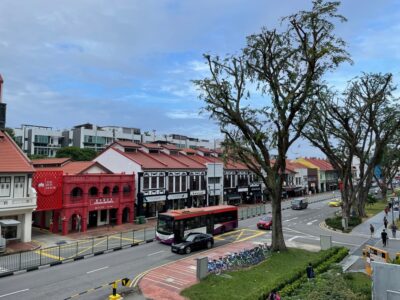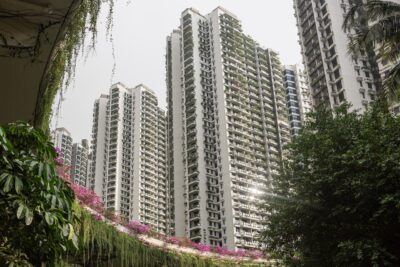The Philippine government is losing $589m to outdated property valuation
Labyrinthine, outmoded bureaucratic systems dog full potential of tax collection in real estate sector

Outdated real property values are causing provincial and city governments in the Philippines to lose PHP30.5 billion (USD589 million) in foregone revenues, the country’s finance department revealed this week.
Such losses highlight the need for valuation reforms in real estate, being “the most valuable asset and biggest financial resource,” said Finance Secretary Carlos Dominguez III in a statement.
“[Real estate’s] contribution to government revenues, particularly for local governments, has remained dismal due to outdated SMVs (Schedule of Market Values), poor collection efficiency and tax administration and lack of uniformity in the valuation of real property,” Dominguez said.
City governments stood to collect as much as PHP23.077 billion in incremental revenues from real property taxes while provincial governments stood to collect up to PHP7.379 billion more had their SMVs been reformed to meet international standards, according to estimates by Acting Deputy Executive Director Jose Arnold Tan of the Department of Finance’s Bureau of Local Government Finance.
More: Overseas demand continues to propel the Philippines’ office sector
Only 36 percent of city and provincial governments in the Philippines have updated their SMVs, reported Tan. Around 97 cities and 48 provinces have not complied with the updates.
The Bureau of Internal Revenue, the tax-collecting wing of the Department of Finance, has seen only 60 percent of its regional offices update zonal values. Twenty-three national government agencies can do valuations with varying methods and systems, leading to overlaps.
Market values have been known to differ between 13 percent and 94 percent from zonal values in the Philippines, said Tan. The disparity between SMVs and private valuation can reach as much as 7,474 percent.
Under the Philippines’ Local Government Code, government units are required to update their SMVs and zonal values every three years.
Recommended
Meet the vagabond architect behind India’s housing scene
Vinu Daniel is helping to shake up India’s home building setting
Where Asian real estate stands in a fragmented, warmer world
Asia’s real estate industry faces many and varied challenges as external factors continue to bite
6 sights to see in Singapore’s Marine Parade
Handily located Marine Parade has emerged as a vibrant investment choice in the Lion City
There’s a township dedicated to health and wellness in Malaysia
Property seekers have their health needs catered for at KL Wellness City








